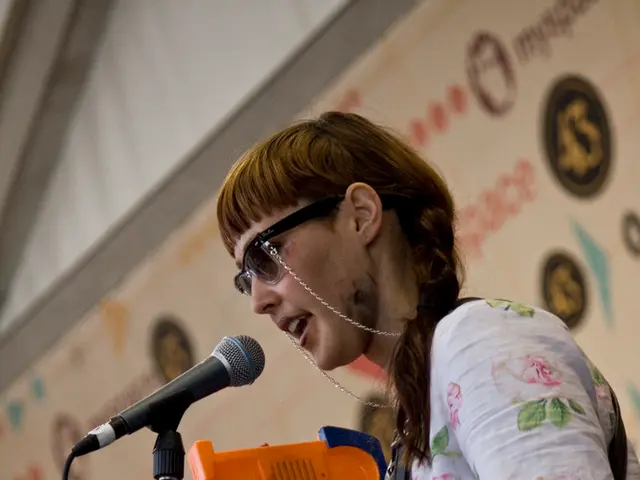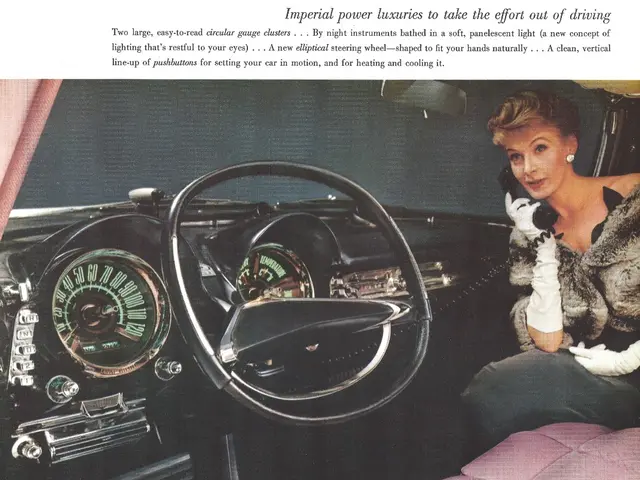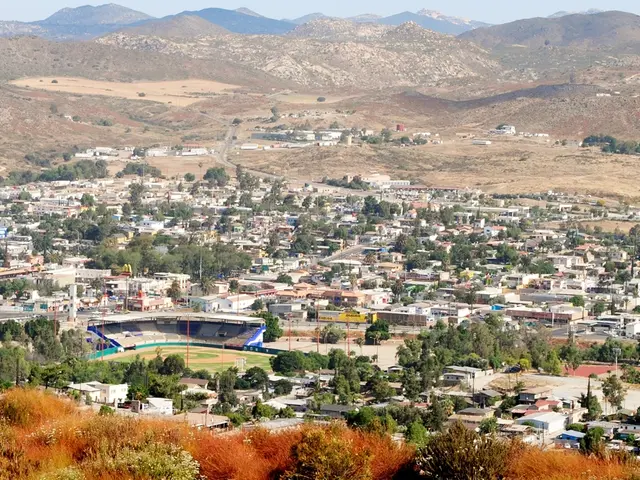Trump's warning about striking back against the 'politically extreme left' stirs concern that he aims to suppress adversaries
In a series of escalating moves, President Trump and his administration are targeting organizations and individuals perceived as part of the 'radical left.' The focus of these actions appears to be on preventing political violence, with the White House denying that their actions are about political speech. White House spokeswoman Abigail Jackson stated, 'The goal is to target those committing criminal acts and hold them accountable.' Trump's concerns about political violence are noticeably partisan, as he has condemned only instances of 'radical left political violence' and ignored attacks on Democrats. For example, he recently suggested that George Soros, a prominent liberal philanthropist, should face a racketeering investigation, though he didn't make any specific allegations. The White House is also considering investigating Soros for potential racketeering. The Open Society Foundations, founded by Soros, has condemned violence and the killing of Charlie Kirk, and considers it disgraceful to use the tragedy for political ends. However, the administration is not backing down, with Stephen Miller, a top policy advisor, stating that there was an 'organized campaign' that led to Kirk's assassination. Nonprofits, including the progressive activist network Indivisible, are potential subjects of scrutiny. There was a report that Indivisible offered to reimburse people who gathered at Tesla dealerships to oppose Elon Musk's leadership. Indivisible, along with other liberal groups, are recruiting lawyers and bolstering the security of their offices and staff due to the heightened atmosphere caused by political violence. The administration's actions could shift the political landscape ahead of next year's midterm elections. Critics see an extension of Trump's campaign of retribution against political enemies, with the White House focusing on prominent funders like Soros to send a chill through the donor community. The White House is also considering classifying some groups as domestic terrorists. Administration officials claim their focus is preventing violence, pointing to demonstrations where police officers and federal agents have been injured as examples of NGO network involvement in violence. Sometimes cars were later vandalized in these demonstrations. The Trump administration has identified several organizations and individuals for potential investigations or consequences. These include the United Nations Relief and Works Agency for Palestine Refugees (UNRWA), radical Israeli settler groups, certain media outlets including major news organizations like The New York Times, CBS, and ABC, and federal agencies including the FBI and Homeland Security. However, the administration's actions have not been without controversy. Vance, a White House official, was quoted as saying the White House would 'go after constitutionally protected speech.' This statement was met with criticism, with some accusing the administration of attempting to weaken liberal groups and stifle political dissent. Authorities believe the suspect in Charlie Kirk's killing acted alone, but the incident has further fuelled the administration's crackdown on the 'radical left.' As the political atmosphere heats up, it remains to be seen how these actions will impact the upcoming midterm elections and the future of political dissent in the United States.
Read also:
- United States tariffs pose a threat to India, necessitating the recruitment of adept negotiators or strategists, similar to those who had influenced Trump's decisions.
- Weekly happenings in the German Federal Parliament (Bundestag)
- Southwest region's most popular posts, accompanied by an inquiry:
- Discussion between Putin and Trump in Alaska could potentially overshadow Ukraine's concerns








